SUMMARY
This is AI generated summarization, which may have errors. For context, always refer to the full article.
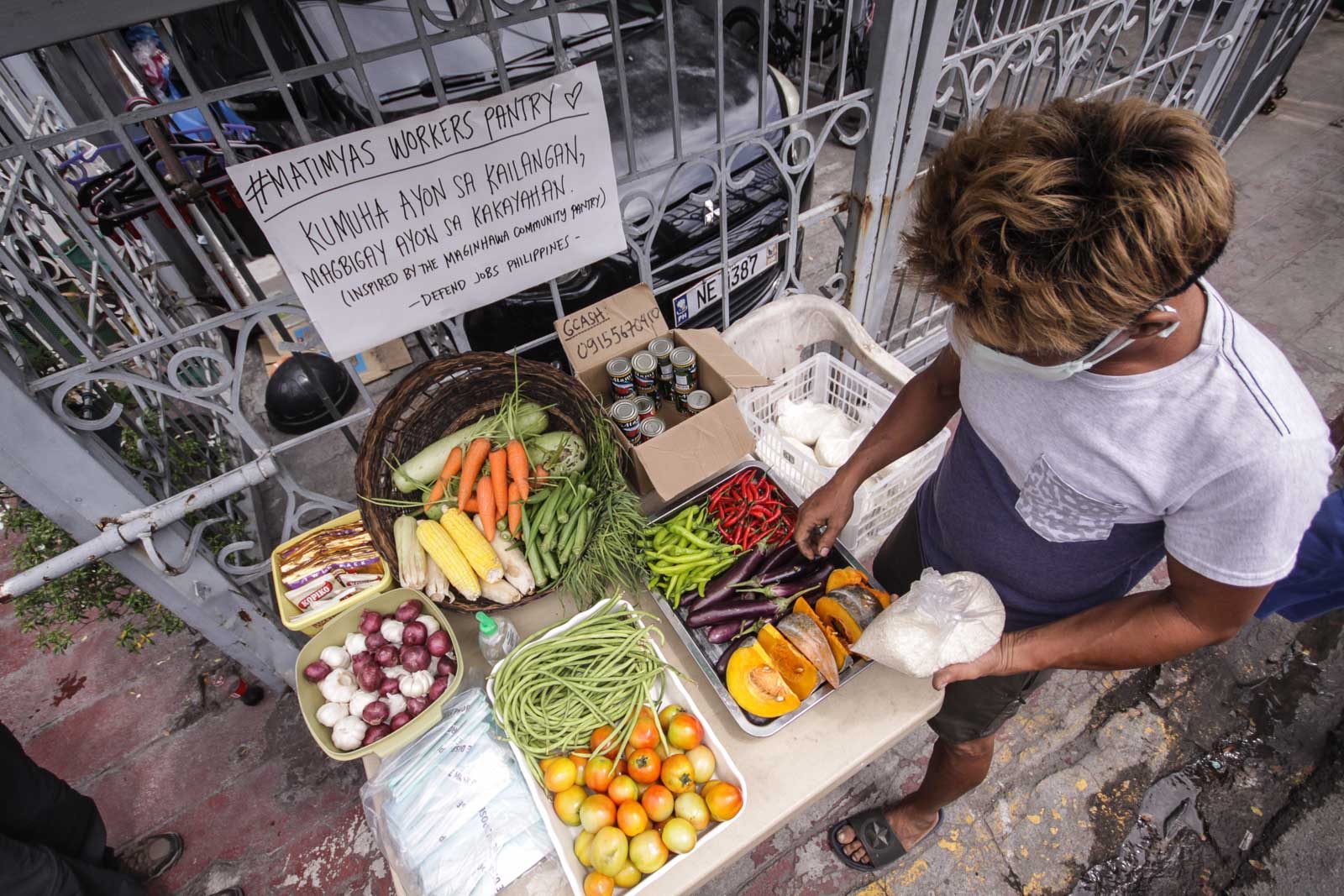
In less than a week, the community pantries that have been widely lauded as a testament to the bayanihan spirit have become the subject of a tense surveillance issue, prompting calls for lawyers to be on-site to protect organizers.
“We call on lawyers and law students to take turns in helping protect community pantries from police harassment. We urge our colleagues to contribute legal services according to their capacity, to those according to their needs,” the National Union of Peoples’ Lawyers (NUPL) said on Tuesday, April 20.
The NUPL made the call after Maginhawa Community Pantry organizer Ana Patricia Non was forced to halt their operations after the Facebook pages of the Quezon City Police District (QCPD) and the National Task Force to End Local Communist Armed Conflict (NTF-ELCAC) shared posts linking pantries to underground communists.
Another community pantry organizer in Metro Manila shared a photo of a form that she was asked by cops to fill out, although she had since deleted the post and declined to be interviewed. The Philippine National Police (PNP) has denied that it was their order to profile organizers.
Non said in a press conference on Tuesday that cops repeatedly asked for her number and asked to speak with her, which she said was okay up until she saw the Facebook posts of QCPD and NTF-ELCAC. The posts, she said, triggered the hesitation to engage with police.
Asked about the incident, Justice Secretary Menardo Guevarra told reporters on Tuesday, “It is not proper for law enforcement agents to interrogate him unless there is reason to believe that he is violating any law, ordinance, rule or regulation for the good or welfare of the community.”
The community pantries are sustained through donations regardless of size, in cash or in kind. It is guided by the principle of giving only what you can, and taking only what you need. Non was prompted to start the initiative because of inadequate government response to the pandemic.
Profiling
The Department of the Interior and Local Government (DILG), which supervises the PNP, also clarified on Tuesday that there is no need for organizers to get permits. Interior Secretary Eduardo Año had to issue the clarification after his undersecretary, Martin Diño, said organizers should secure permits.
NTF-ELCAC spokesperson Lieutenant General Antonio Parlade admitted in a DZBB interview on Tuesday that they were checking the profiles of the community pantry organizers, claiming that “habang nandoon sila sa community, meron silang propaganda na ginagawa (while they are there in the community, they are doing propaganda).”
Asked whether profiling, via forms or other means, violates the constitutional right to privacy, Guevarra said, “I will not answer your question directly as I may prejudge an actual case that may come before the Department of Justice (DOJ).”
“Suffice it to say that a person voluntarily doing an act of kindness and compassion toward his neighbor should be left alone,” said Guevarra.
When asked, Guevarra said the presence of lawyers on-site “is, in my opinion, unnecessary.”
The justice secretary explained that it’s because “organizers of community pantries have no legal duty or are under any compulsion to fill out any forms, as these are not considered business, much less illegal activities.”
NUPL president Edre Olalia said, however, that the situation has made the presence of lawyers necessary.
“The presence of lawyers is made necessary by the presence of the police in a place where they should not be there to start with,” said Olalia.
This tension comes amid the Duterte government’s intensifying crackdown on activism, marked by successive deaths of red-tagged union leaders and other organizers.
Non said Quezon City Mayor Joy Belmonte has assured her of her safety, but that it’s not her specific situation that is the main problem but the prevailing “culture of intimidation” in the country.
“Kailangan po na masigurado na ‘yung culture ng intimidation ang mawala, and hindi po ‘yun mawawala basta-basta lalo na’t ganoon lang kadali mag-share ng red-tagging,” Non said.
(We have to make sure that the culture of intimidation is eliminated, and that won’t happen right away especially as it’s so easy for them to share red-tagging posts.)
Retired Supreme Court senior associate justice Antonio Carpio said that organizers approached by law enforcers do not have to divulge any information other than the basics of their pantry operation.
“They should just say they don’t want people to go hungry and so they are asking those who have excess food to give to the needy. Nothing is wrong with that. They do not have to give more information than that,” said Carpio. – Rappler.com
Join the movement. Check this story for detailed instructions on how to start your own community pantry. Feel free to share photos and videos of your pantries and tag us at @MovePH and @rapplerdotcom on Twitter. We are collating a list of verified community pantries here.
Add a comment
How does this make you feel?

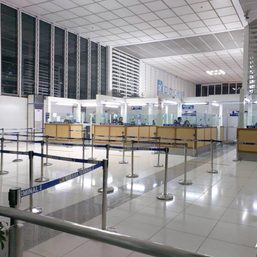


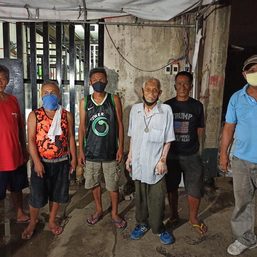
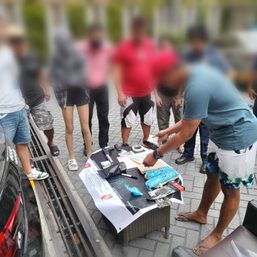


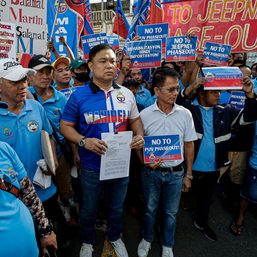
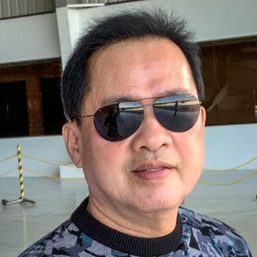
There are no comments yet. Add your comment to start the conversation.